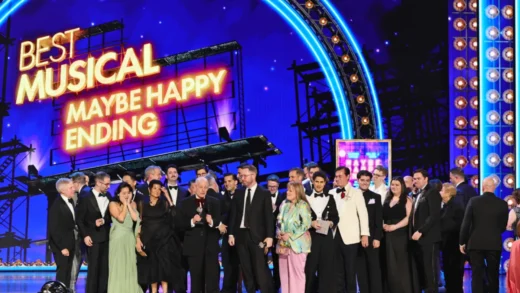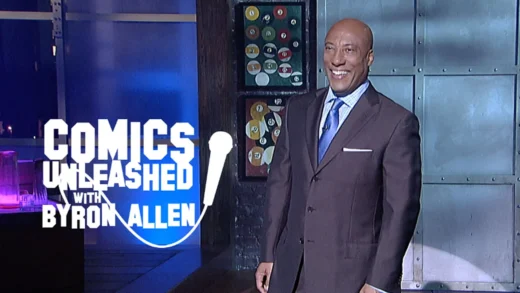In the first episode of “Roseanne,” the ’90s sitcom that launches a revival run on ABC on Tuesday, we learn that Roseanne Conner and her sister Jackie haven’t spoken in a year, on account of the 2016 election. Roseanne, played by the outspoken comedian Roseanne Barr, voted for Donald Trump. Jackie, played by Laurie Metcalf, did not. “Not only did she vote for the worst person on Earth,” Roseanne says, “but she was a real jerk about it, too.” Jackie shows up at the house wearing a pink pussy hat and a “Nasty Woman” T-shirt. After a tense dinner, the sisters shout and parry; Roseanne explains her vote—“He talked about jobs, Jackie. He said he’d shape things up”—and Jackie tells Roseanne what she was really thinking on Election Day, and whom she really voted for. No one switches sides, but they declare a truce and return to their default relationship, loving but comically strained.
It’s the most overtly political exchange in the episode, and in the nine-episode season overall, says executive producer Bruce Helford. But the way he describes it, it’s also a metaphor for the series and its overarching goals. Barr herself is a vocal Trump supporter, and has talked about how meaningful it felt to place one of TV’s quintessential working-class families in Year Two of the Trump administration. So I asked Helford, who also worked on the original show, about the producers’ intention. Was it to appeal to Trump voters, who might finally see themselves in sympathetic TV characters? To explain the Trump-voter mind-set to coastal elites? To bridge the gap between two sides?
Helford responded by talking about conversations. As ever-present as politics might be in people’s lives today, he notes, we often avoid tough discussions, in real life, with people on the opposite side.
“There are lots of families that are divided. It’s like a civil war,” Helford says, recounting some of his own family gatherings, where people steered away from political topics because they knew things would get too heated or cruel. “What’s really important to ‘Roseanne,’ and for all of us, is to put the whole discourse out in the open,” he says. “We’re hoping we can bring a kind of dialogue back.”
The idea that a sitcom could change American discourse feels like something between a tall order and a self-aggrandizing Hollywood pipe dream. But it’s also not entirely far-fetched. A sitcom, after all, is TV’s best approximation of your own extended family—a group of characters you examine, understand and invite into your living room on a regular basis. And the Conners have been a proxy family for millions of Americans. They sniped at each other, reconciled and hugged for nearly a decade, from 1988 to 1997, consistently landing at or near the top of the Nielsen ratings. They reached millennials through reruns on Nick at Nite and TV Land.
(Excerpt) Read More in: Politico




